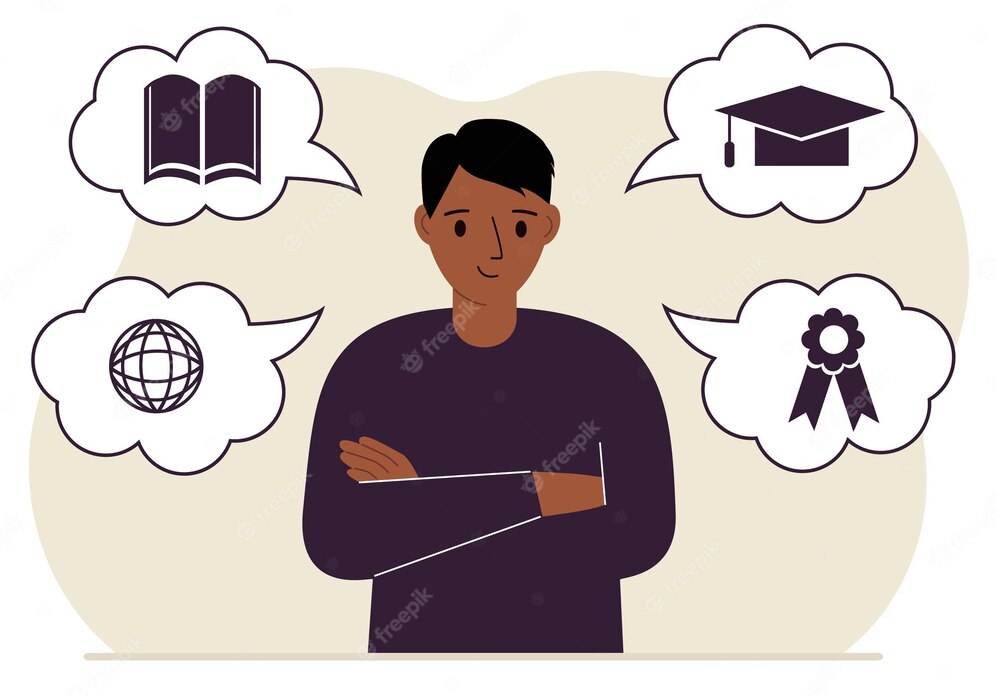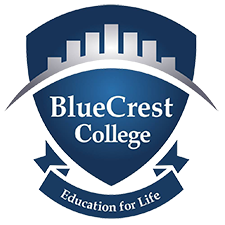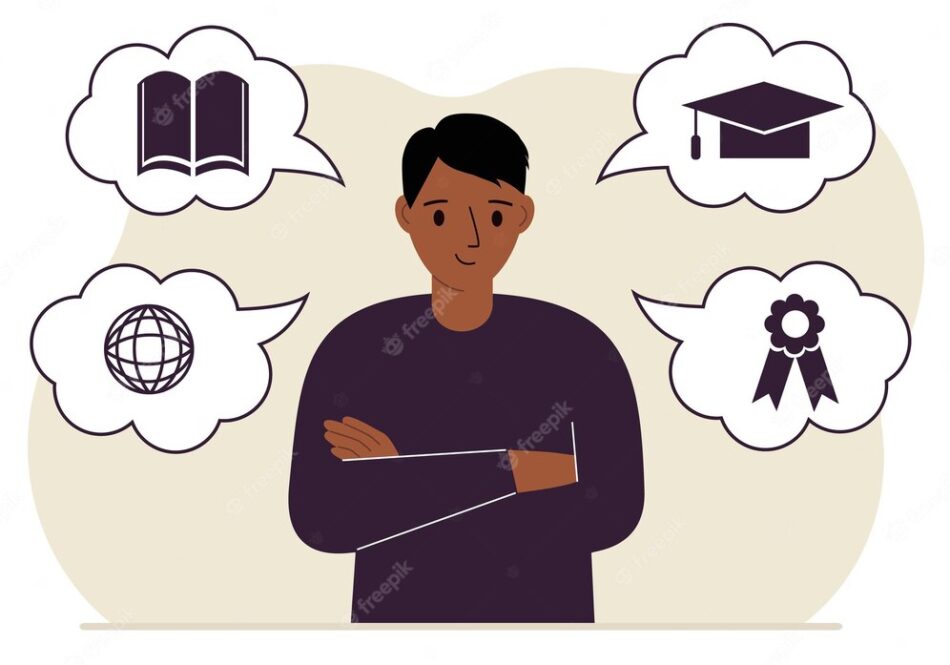THE ROLE OF UNIVERSITY EXPERIENCE ON WORKPLACE READINESS, CAREER SUCCESS, AND PERSONALITY DEVELOPMENT.
Dr. Vivekananth Padmanabhan |Head of the Department (IT)| Certified Soft Skills Trainer.

Do you really need to go to university to gain knowledge in this age of technology?
I would say a firm yes.
Why do you need to go to university?
To gain knowledge?
To gain skills?
Personality development?
I would say all three and much more than that. A good university experience is a man-making mission.
Suppose you are in an airport and interacting with two people, the first of whom is university educated and the second of whom is a school dropout. Can you identify their educational level by just interacting with them?
Yes, in most cases, behaviour is an indicator of education.
There may be exceptions, but the fact that a well-educated person is more diplomatic and articulate in his choice of words is a fact.
Can you not gain knowledge, acquire skills, and develop your personality by learning from books without going to university?
In most cases, the answer is “no.”
What’s the reason?
There is a concept called “experiential learning.”
Experiential learning is a philosophy and method in which teachers intentionally involve students in direct experience and focused reflection to help them learn more, get better at things, and figure out what they believe in.
Experiential learning cannot be replicated in an isolated learning environment.
Students learn more about themselves and the world around them when they are exposed to a wide range of new ideas, different social settings, and difficult academic tasks.
For example, they might learn how to talk to people and solve conflicts, how to solve problems in creative ways, how to be more confident in themselves, how to understand different cultures, and more.
Additionally, university provides students with the opportunity to practice self-discipline, learn how to manage their time and resources, and develop a sense of responsibility that can carry over into their future lives. All of these qualities can contribute to an individual’s growth both professionally and personally.
What about Bill Gates, Steve Jobs, Mark Zuckerberg, or Stephen Spielberg?
They have not completed their college degree.
As I already emphasized, there are exceptions to everything, and they succeeded in spite of dropping out of school and not because they dropped out of school.
How do you leverage the wonderful opportunity of studying at the university to be successful in life?
1. Develop your communication skills.
For example, if you get an opportunity for public speaking, grab that opportunity and develop your skills.
2. Participate in team-building activities.
For example, if you have been assigned the task of organizing an event, do it with diligence.
3. Foster your interpersonal skills.
Develop friendships that last throughout your life. In most people’s lives, their best friends are their college friends.
4. Develop a hobby.
For example, if there is a musical club and you can learn to play a new instrument, if you are interested, join that club.
5. Respect your lecturers and classmates.
Respect your lecturers, not because they are your lecturers. Giving respect to people is a
mindset, and it will help you in your professional life.
6. Develop leadership skills.
For example, when I was in my bachelors and masters programs, I got the opportunity to be a class representative, and that was one of my greatest experience.
I got to experience my leadership skills, not just learn them.
University education is about far more than just learning facts. It is a transformative experience that can shape an individual’s personality in powerful ways.
Through exposure to diverse perspectives, new social groups, and challenging academic experiences, students gain valuable insights into themselves and the world around them. These experiences can help to build communication and conflict resolution skills, creative problem-solving abilities, increased self-confidence, a better understanding of different cultures, and more.
The university allows students to practice self-discipline, learn how to manage their time and resources, and develop a sense of responsibility that can carry over into their future lives.
Ultimately, university education is a mission of personal growth and development that can have a lasting and profound impact on an individual’s behaviour and personality.
Vivekananth Padmanabhan .





